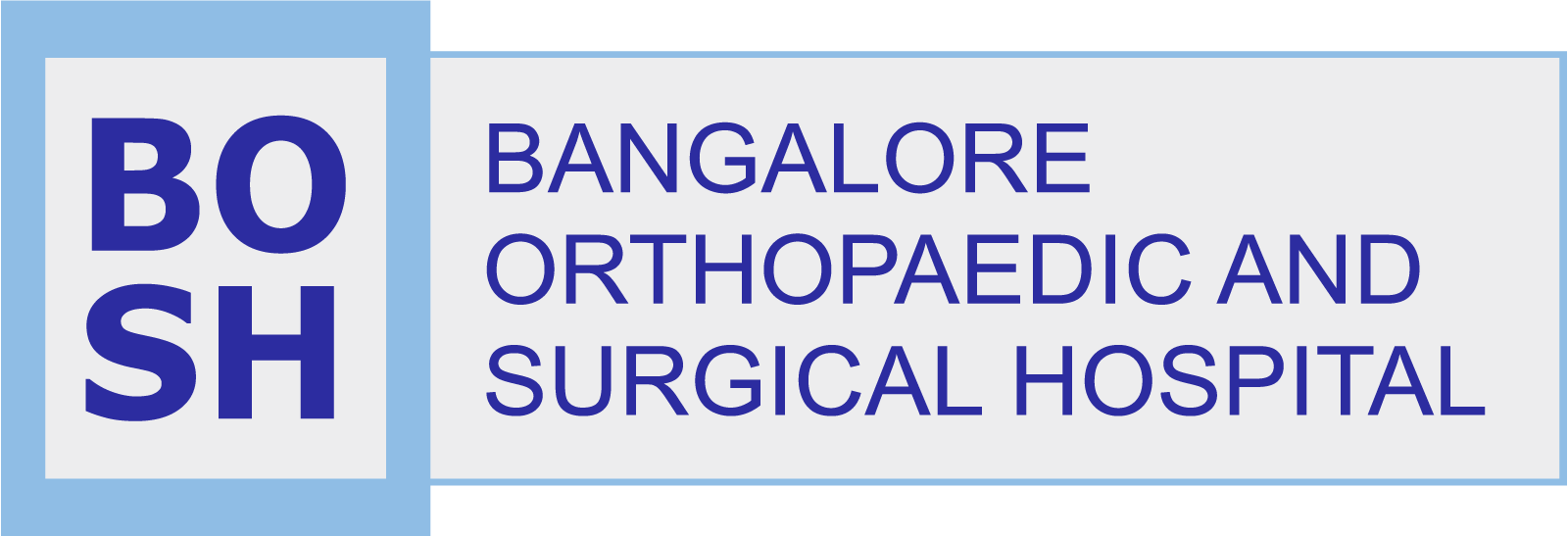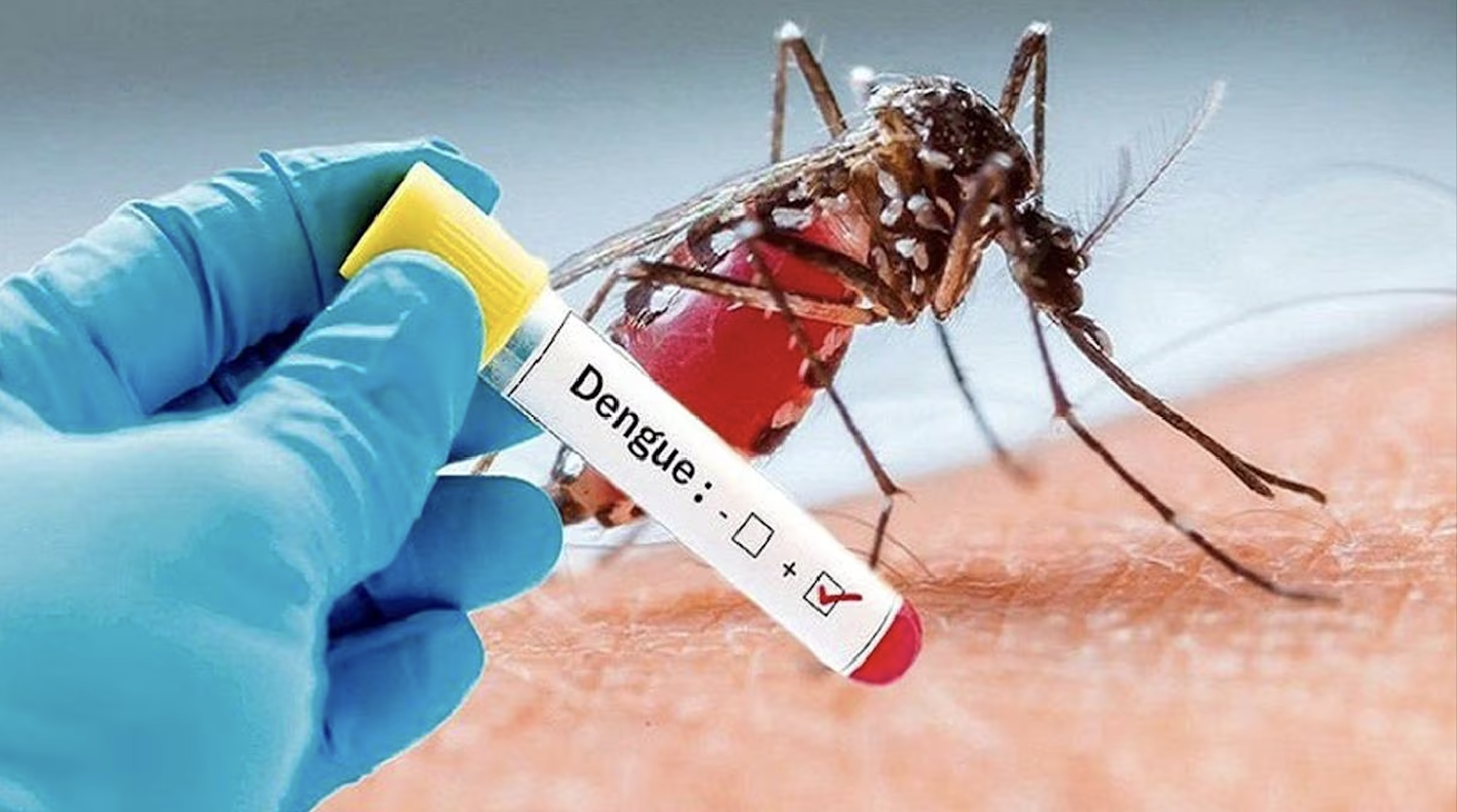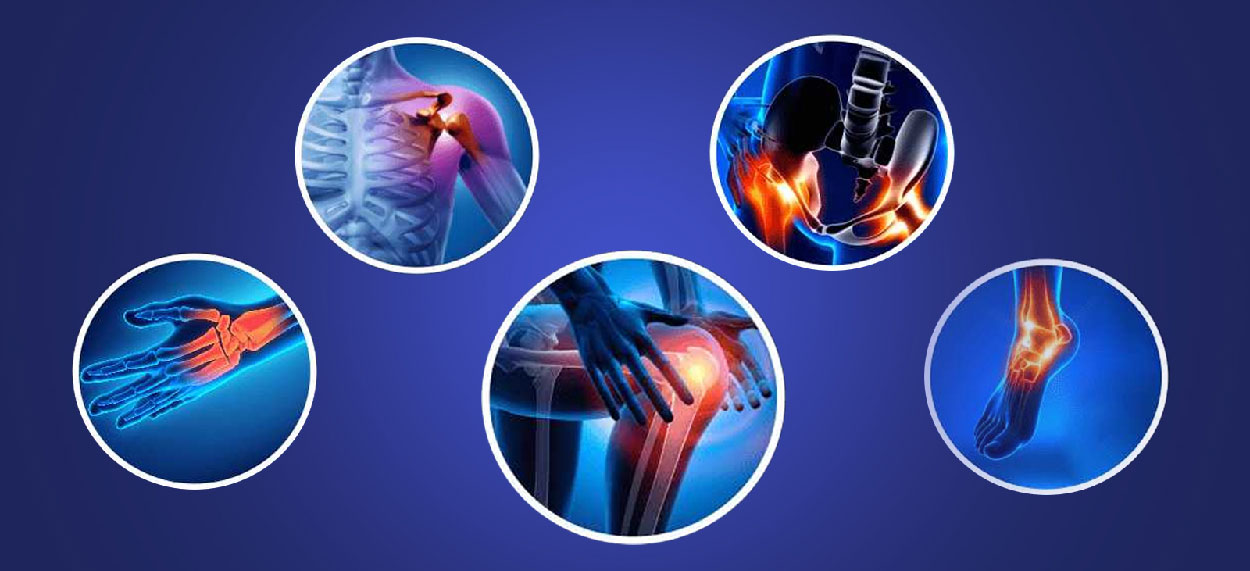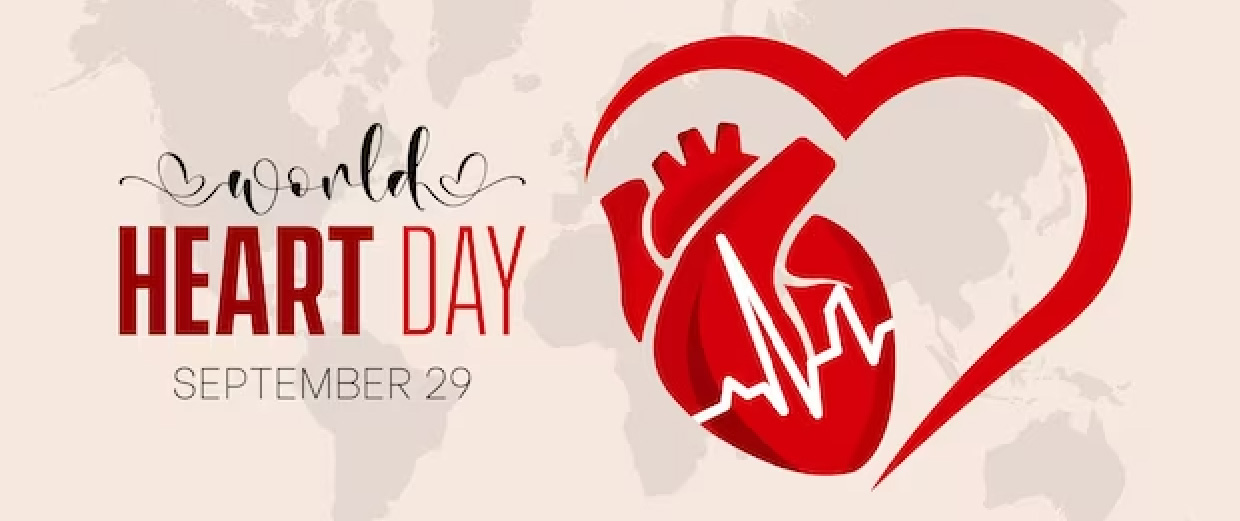I am text block. Click edit button to change this text. Lorem ipsum dolor sit amet, consectetur adipiscing elit. Ut elit tellus, luctus nec ullamcorper mattis, pulvinar dapibus leo.
Back pain is one of the most common complaints affecting millions of people globally. From minor aches to debilitating discomfort, chronic back pain can severely impact one’s quality of life. For many, traditional methods like physical therapy, medication, and lifestyle changes offer relief. However, when these treatments fail, spine surgery emerges as a potential game-changer for lasting relief.
Understanding Back Pain: Why It Happens
Back pain can stem from various causes, including poor posture, muscular imbalances, spinal injuries, herniated discs, and degenerative conditions like arthritis. The spine, made up of vertebrae, discs, muscles, and nerves, is a delicate structure that supports the entire body. Even slight misalignments or damage to any part of this structure can lead to significant discomfort.
Common conditions that cause chronic back pain include:
Herniated Disc: When the cushioning between vertebrae slips out of place, it can compress nearby nerves.
Spinal Stenosis: Narrowing of the spinal canal can put pressure on nerves.
Spondylolisthesis: A vertebra slips forward over the one below it, leading to instability.
Degenerative Disc Disease: Age-related wear and tear on the spinal discs can cause pain.
When is Spine Surgery Necessary?
Most back pain can be managed with conservative treatments, such as physiotherapy, medication, or injections. However, surgery becomes a viable option when:
Pain persists for over six months despite non-surgical treatments.
There is evidence of nerve damage, such as weakness, numbness, or difficulty walking.
Conditions like a herniated disc or spinal stenosis significantly affect quality of life.
Conservative treatments fail to restore normal function.
Spine surgery, especially advanced techniques, offers a targeted approach to resolving these conditions.
Types of Spine Surgery for Back Pain
Discectomy: A common surgery where the herniated part of the disc is removed to relieve pressure on the nerves.
Laminectomy: Involves removing part of the bone (lamina) to create more space for the nerves, often used for spinal stenosis.
Spinal Fusion: Two or more vertebrae are fused together to stabilize the spine, especially useful for conditions like spondylolisthesis or severe arthritis.
Artificial Disc Replacement: Involves replacing a damaged disc with an artificial one, maintaining spinal mobility.
Minimally Invasive Spine Surgery (MISS): These techniques involve smaller incisions, less muscle damage, and quicker recovery times. MISS is increasingly becoming the preferred method for many spinal surgeries.
Benefits of Spine Surgery
- Pain Relief: The primary goal is to alleviate chronic pain that hasn’t responded to other treatments.
- Improved Mobility: After surgery, patients often experience enhanced mobility and can return to daily activities without pain.
- Reduced Dependence on Medications: Many patients find they can stop or reduce pain medications after successful surgery.
- Better Quality of Life: With pain under control, patients often report significant improvements in overall quality of life, sleep, and mood.
Advances in Spine Surgery: Minimally Invasive Techniques
At Bangalore Orthopaedic and Surgical Hospital, we utilize cutting-edge techniques in spine surgery to offer patients the best outcomes with minimal disruption to their lives. Minimally invasive procedures result in:
- Smaller incisions and less scarring
- Reduced muscle damage
- Shorter hospital stays
- Faster recovery times
Using advanced imaging technology and specialized instruments, our expert surgeons ensure precise treatments that target the root cause of pain without extensive tissue disruption.
Recovering from Spine Surgery
While recovery times vary depending on the type of surgery, most patients can expect significant improvements within weeks. A post-operative rehabilitation program, often including physiotherapy, helps patients regain strength, flexibility, and mobility. At BOSH-Physiotherapy, we offer personalized rehab programs to support a smooth and speedy recovery.
Why Choose Bangalore Orthopaedic and Surgical Hospital for Spine Surgery?
At Bangalore Orthopaedic and Surgical Hospital, we specialize in delivering comprehensive spine care, from diagnosis to surgery and rehabilitation. Our team of experienced spine surgeons and physiotherapists work together to create personalized treatment plans that ensure the best possible outcomes for each patient.
- State-of-the-art Facilities: Our hospital is equipped with advanced technology to perform both traditional and minimally invasive spine surgeries.
- Experienced Surgeons: Our spine specialists have extensive expertise in handling complex spinal conditions.
- Patient-Centered Care: We prioritize patient safety, comfort, and long-term recovery.
Conclusion
Spine surgery can be a life-changing solution for individuals suffering from chronic back pain. If you’ve tried various treatments without success, it may be time to explore surgical options. At Bangalore Orthopaedic and Surgical Hospital, we are committed to helping you regain your life free from pain. Contact us today for a consultation and take the first step towards a pain-free future.









